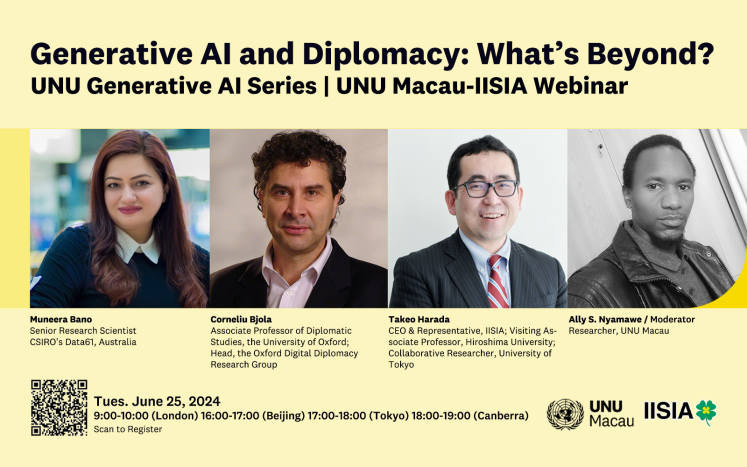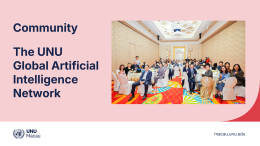Tues. June 25, 2024. 9:00-10:00 (London) 16:00-17:00 (Beijing) 17:00-18:00 (Tokyo) 18:00-19:00 (Canberra)
The rapid advancement of Generative AI (GenAI) has ignited substantial discussion among researchers, particularly regarding its data analysis capabilities and applications across various domains. However, its potential impact on diplomacy has not been thoroughly explored.
As AI-driven solutions are increasingly integrated into public diplomacy and international negotiations, the traditional landscape of diplomatic processes is undergoing significant transformation. These advancements could enhance data-driven decision-making, improve diplomatic negotiations, and potentially reshape traditional diplomatic frameworks, leading to the rise of AI-driven diplomacy. This transformation is occurring at varying paces globally. Despite increasing global attention, the intersection of GenAI and diplomacy remains relatively underdeveloped.
Where will the further development of GenAI lead us? Will it usher in a new era of diplomacy? Can it foster more transparent, inclusive, and effective diplomatic engagements and international relations?
Join us to explore these questions and more, as we seek to understand the future trajectory of diplomacy in the age of GenAI and its implications for global governance and international relations.
This webinar is co-hosted by the United Nations University Institute in Macau (UNU Macau) and Institute for International Strategy and Information Analysis, Inc. (IISIA).
Speakers:
Muneera Bano
Senior Research Scientist, CSIRO's Data61, Australia
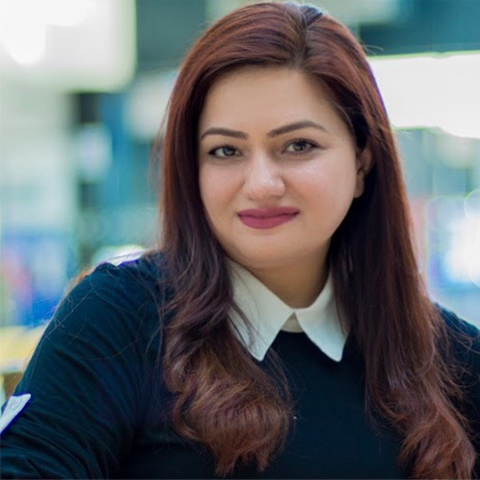
Dr Muneera Bano is a senior research scientist at Australia's National Science Agency, CSIRO, specifically within its digital arm, Data61. She holds a PhD in Software Engineering from the University of Technology Sydney. Her research interests are focused on human-centered design, ethical and responsible AI, and the promotion of diversity and inclusion in AI. Dr Bano is recognised for her leadership in STEM diversity initiatives and has received multiple accolades for her contributions to the field, including the title of 'Most Influential Asian-Australian Under 40' in 2019.
Seminar Title: The Role of Generative AI in Global Diplomatic Practices
As AI reshapes diplomacy in the 21st century, we're diving into the critical need to understand both the challenges and opportunities this transformation brings. Since OpenAI launched ChatGPT more than a year ago, it has revolutionised various fields, but its potential in diplomacy remains underexplored. We conducted exploratory research to systematically examine the discourse on Digital and AI Diplomacy, leading to a strategic framework for integrating Generative AI into modern diplomatic practices. In this talk I will present key insights from the research along with identified key opportunities and challenges, paving the way for future research and innovation in this area.
Corneliu Bjola
Associate Professor of Diplomatic Studies, the University of Oxford; Head, the Oxford Digital Diplomacy Research Group
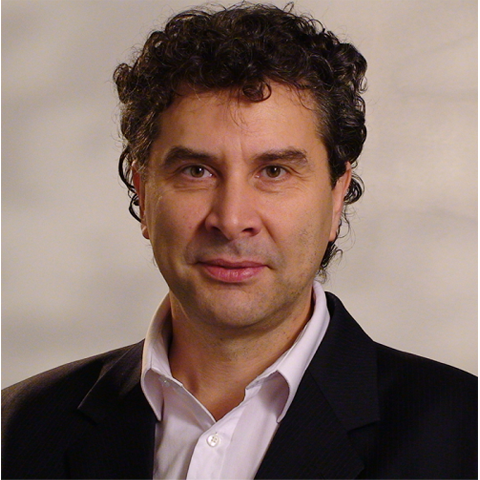
Corneliu Bjola (PhD, University of Toronto) is an Associate Professor of Diplomatic Studies at the University of Oxford and the Head of the Oxford Digital Diplomacy Research Group. He is also a Faculty Fellow at the Center on Public Diplomacy at the University of Southern California and a Professorial Lecturer at the Diplomatic Academy of Vienna. His research focuses on the impact of digital technology on the conduct of diplomacy, with a special interest in public diplomacy, international negotiations, and methods for countering digital propaganda.
Seminar Title: CHATGPT: the End of Diplomacy As We Know It?
As AI-driven solutions are increasingly integrated into public diplomacy, crisis communication, and international negotiations, the traditional landscape of diplomatic processes is undergoing significant transformation. The 15-minute talk will examine how these processes could become faster and more efficient but also less dependent on human expertise, potentially leading to the rise of AI-driven diplomacy.
Takeo Harada
CEO & Representative, IISIA; Visiting Associate Professor, Hiroshima University; Collaborative Researcher, University of Tokyo

Born in Takamatsu, Japan in 1971, Takeo Harada joined the Japanese diplomatic service at 20 while still a junior at the University of Tokyo. He served as an attaché in Bonn, Germany, and studied political science at the Free University of Berlin and constitutional law at the University of Tübingen. After 12 years in the Ministry of Foreign Affairs, Harada founded the Institute for International Strategy and Information Analysis (IISIA) in Tokyo. He holds master's degrees in artificial intelligence, philosophy, and Kyoto studies. Harada is a prolific author and contributes to global issues through his roles in academia and as CEO of IISIA.
Seminar Title: Application of Generative AI to Drafting Governmental Answers in the National Diet of Japan as the Second Front of Her Diplomacy
Facing the accelerated declining population in Japan, the Government of Japan and Ministry of Foreign Affairs are urged to maximize efficiency of duties in the diplomatic service. Apart from traditional tasks in diplomacy, it’s rather daily preparation for Diet sessions that steadily increase the burden on the civil servants in the Japanese diplomatic service. To combat this issue in the “second front” of Japan’s diplomacy, the generative AI should be picked up as the tool which could bring us an ultimate breakthrough. As an experienced former Japanese diplomat in charge of Japan’s diplomacy vis-à-vis DPRK, Takeo Harada tries to apply the generative AI to drafting governmental answer in the national Diet of Japan, while real texts of the debates on the Japan-DPRK relationship in the Diet are used for making a specific corpus for the proposed system based on ChatGPT. Takeo Harada reports the outcome of his study and its implications for making the better working environment in not only Japan but also other nations.
Ally S. Nyamawe (Moderator)
Researcher, UNU Macau
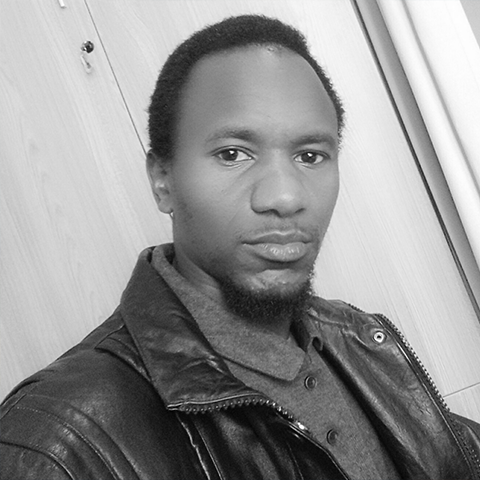
A computer scientist with over 15 years of experience in academia. Dr. Nyamawe holds a PhD in Computer Science and Technology from Beijing Institute of Technology (2020), and his research interest mainly focuses on the AI application in Software Engineering. Nyamawe is currently working as a researcher at the United Nations University Institute in Macau focusing on the intersection of AI and SDGs. Before joining UNU Macau, Nyamawe was a Senior Lecturer of Computer Science at the University of Dodoma, Tanzania. His recent projects focused on contributing to the AI uptake for sustainable development in Africa.

